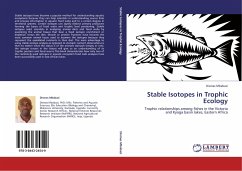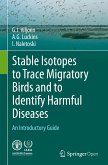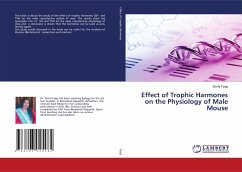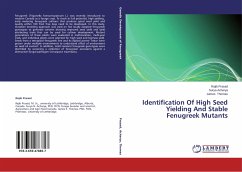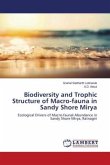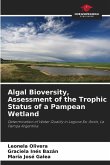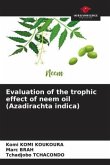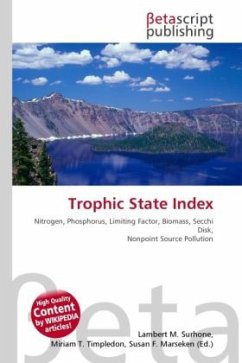Stable isotopes have become a popular method for understanding aquatic ecosystems because they can help scientists in understanding source links and process information in aquatic food webs and to a certain degree in terrestrial systems. Certain isotopes can signify distinct primary producers forming the bases of food webs and trophic level positioning. Stable isotopes assist scientists in analyzing animal diets and food webs by examining the animal tissues that bear a fixed isotopic enrichment or depletion versus the diet. Muscle or protein fractions have become the most common animal tissue used to examine the isotopes because they represent the assimilated nutrients in their diet. The main advantage to using stable isotope analysis as opposed to stomach content observations is that no matter what the status is of the animal's stomach (empty or not), the isotope tracers in the tissues will give us an understanding of its trophic position and food source.This book demonstrates how only two of the commonly used isotopes in aquatic ecosystem food web analyses have been successfully used in East African lakes.
Bitte wählen Sie Ihr Anliegen aus.
Rechnungen
Retourenschein anfordern
Bestellstatus
Storno

